Amazing Ecology: Award-Winning Photos of Wildlife

Tropical Giant
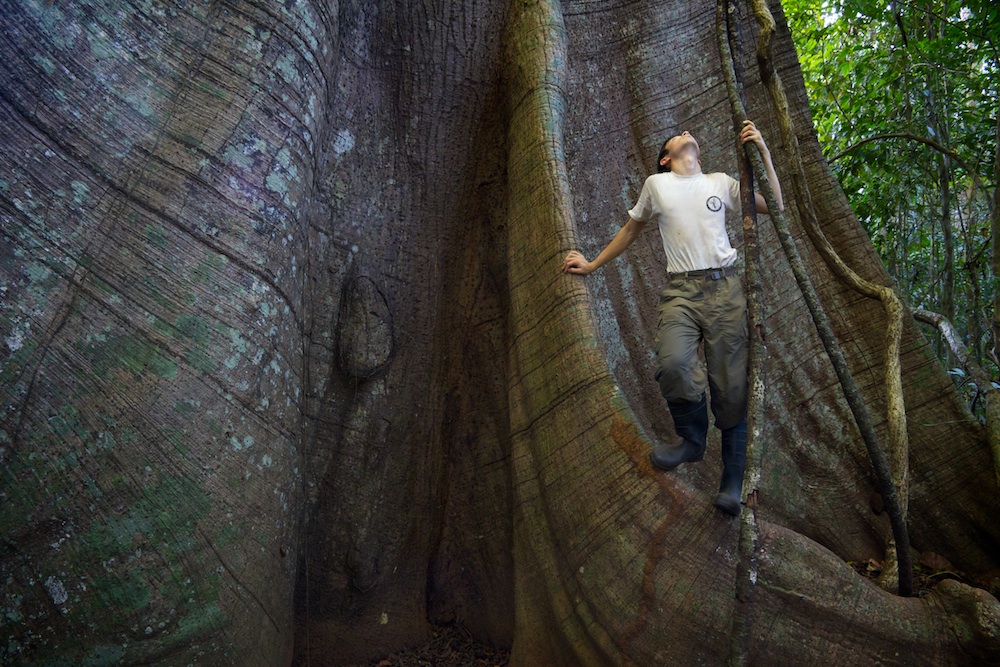
The tropical tree Ceiba pentandra, otherwise known as Kapok. This is a rare large individual in a lowland tropical forest and was highly commended in the 2013 BMC Ecology photo contest.
Fake Flock
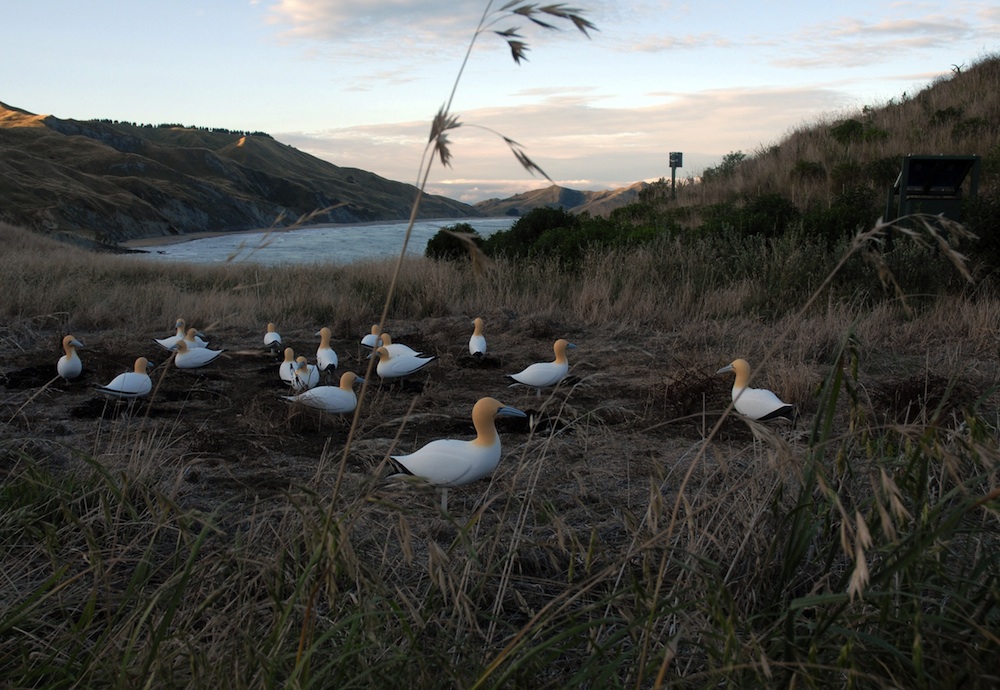
A flock of decoy Northern Gannets on the North Island of New Zealand. Ecologists are trying to re-establish real gannets by setting up these fake flocks and playing gannet calls through solar-powered speakers. This photo was highly commended in the 2013 BMC Ecology photo contest.
Scientific Expedition
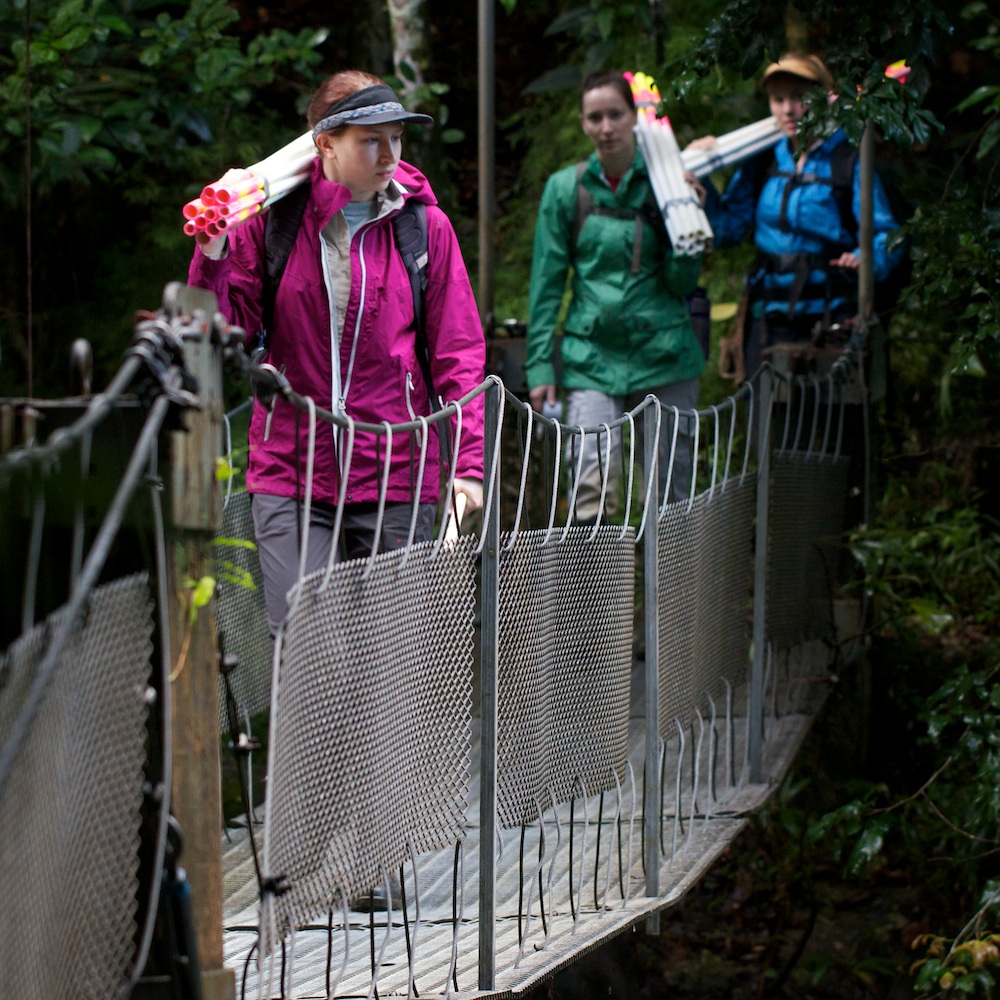
Researchers carry vegetation survey equipment to a forest dynamics plot in Puerto Rico.
Blue Tide
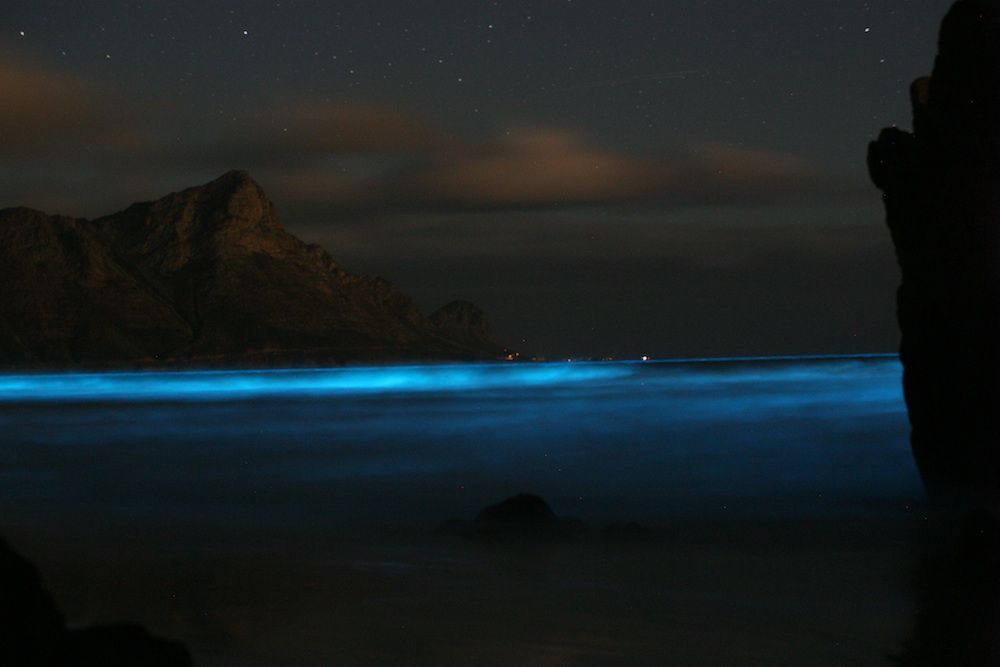
A dinoflagellate (plankton) bloom turns the tide luminous blue in this "highly commended" 2013 BMC Ecology photo.
Penguin Hearts
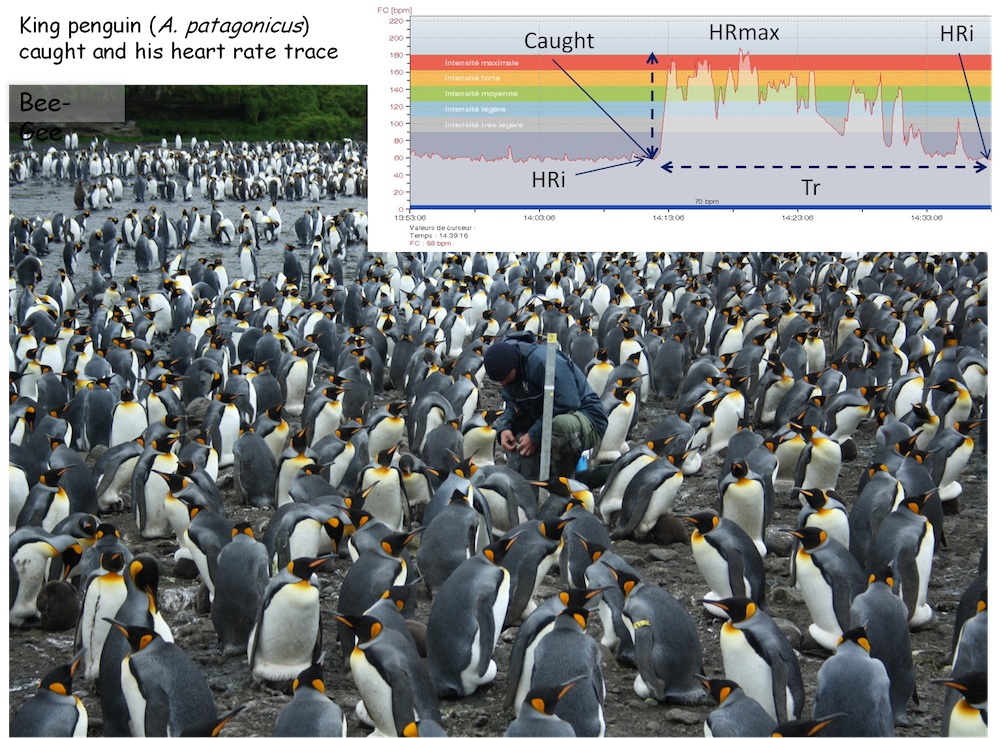
This BMC Ecology commended photo illustrates research into the stress of king penguins (Aptenodytes patagonicus). Researchers fitted a penguin with an external heart rate monitor and compared the pitter-patter of the penguin hearts in parts of the colony disturbed by human presence and parts not disturbed. At the upper right, a heart rate trace shows when a bird's heart rate spiked during capture.
Get the world’s most fascinating discoveries delivered straight to your inbox.

Stephanie Pappas is a contributing writer for Live Science, covering topics ranging from geoscience to archaeology to the human brain and behavior. She was previously a senior writer for Live Science but is now a freelancer based in Denver, Colorado, and regularly contributes to Scientific American and The Monitor, the monthly magazine of the American Psychological Association. Stephanie received a bachelor's degree in psychology from the University of South Carolina and a graduate certificate in science communication from the University of California, Santa Cruz.


